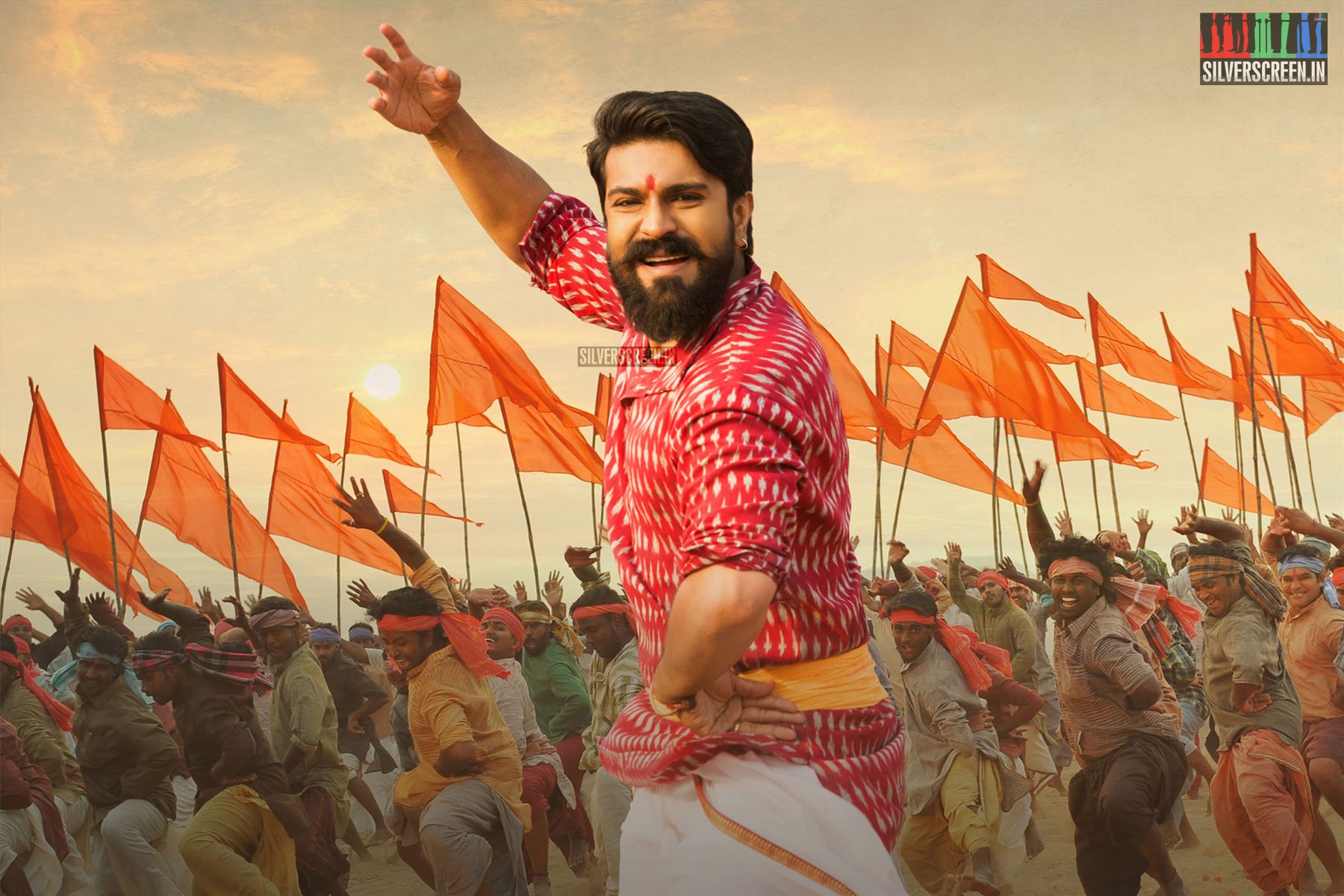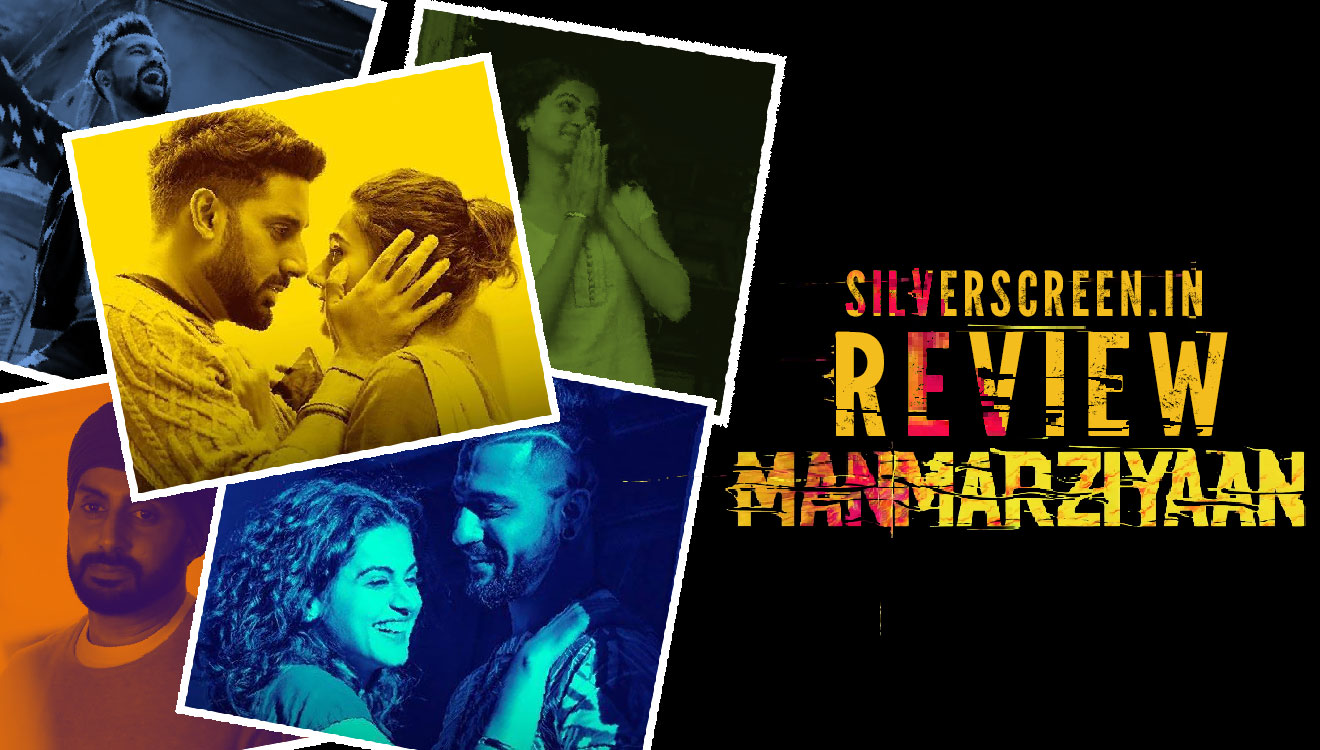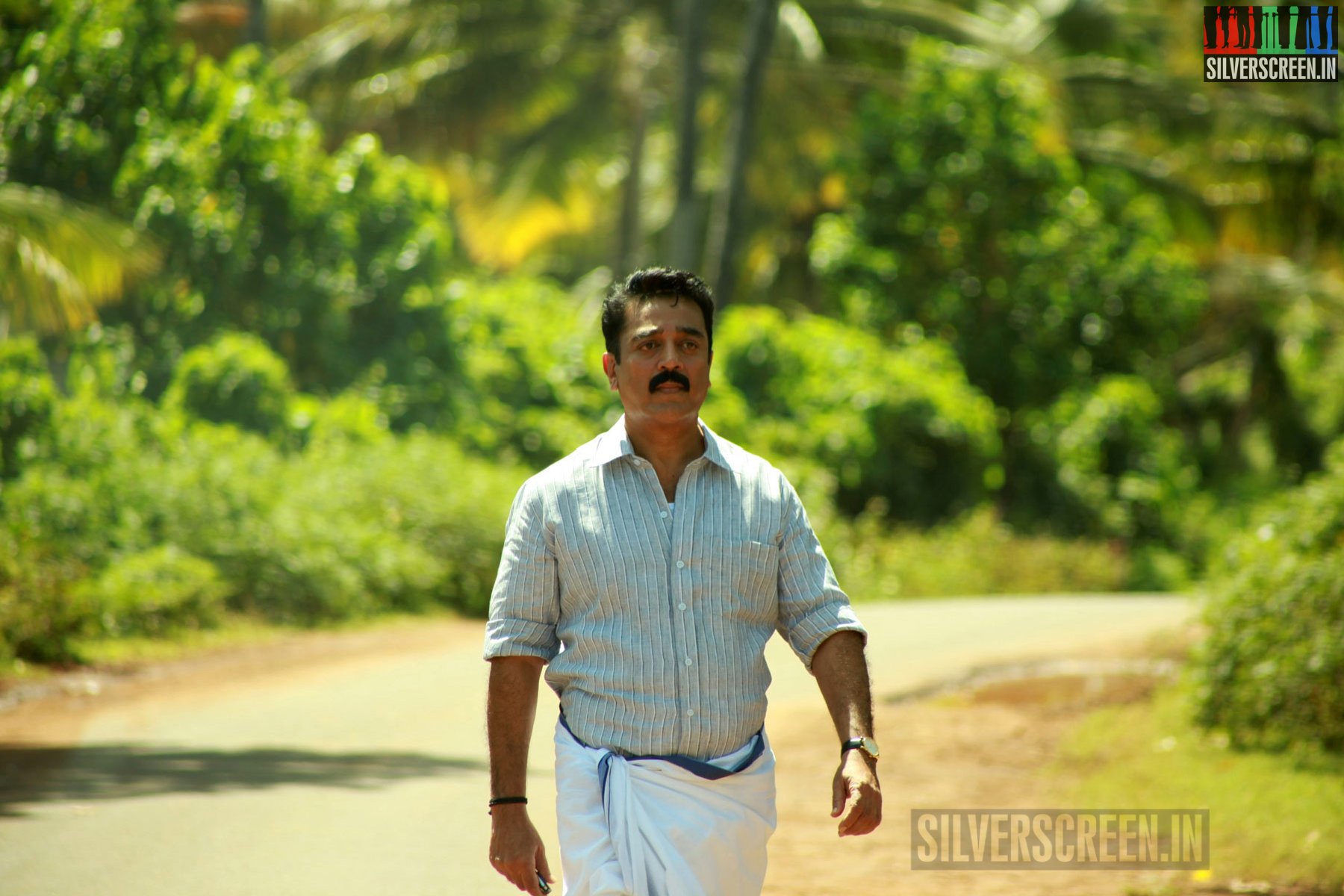Marykutty is a firebrand like no one else. In one of the scenes, she looks at a harasser – an acquaintance pursuing her for sexual favours – in the eye and asks him to take a hike, not before correcting his terminology. “I am not a transgender, I am a transsexual. There is a difference.” At 27, when people of her age focus on making efforts towards a well-settled life, Marykutty, born as Mathukutty, undergoes a sex reassignment surgery and embraces a new identity. Instead of running away from her surroundings, she continues living in the same small-town where she grew up as a young man, and fights social alienation on a daily basis. Her parents and younger sister have distanced themselves from her, and the world is largely against Marykutty for the sheer reason that she exists in their midst, shaking them up from their comfortable ‘normal’ lives.
***
Ranjith Sankar’s new film is an addition to his filmography of ‘feel-inspired’ films about underdogs who work their way up the ladder of career or life. Marykutty (Jayasurya) is, perhaps, the boldest of his characters till date.
In the opening scene, she is in her parents’ house, writing a letter addressing the family. “I am leaving because I can’t live a lie anymore.” The room is prim and sparking clean, betraying none of her mental trauma. The discipline of the room mirrors her character. Even in the face of the worst adversity, she doesn’t turn into a mess. Among the people hell-bent on making her life difficult are some policemen, including a Sub-Inspector, who are further irked when they come to know she dreams of becoming a police officer. One needs to enter the altars of power to really reform the system, the film says.
That Njan Marykutty got made is, in itself, a well-done job. In a first, a popular mainstream actor carries a sari not like a comic prop, but as a weighty part of his character, and steps into a gender territory unchartered in our cinema. This is a rare feat, for our cinema has traditionally celebrated gay jokes and reduced the LGBTQ community to a laughing stock. Ranjith and Jayasurya present Marykutty as a respectable humanbeing. The film offers some delectable glimpses of her daily life where her gender identity is sensitively presented.
But this doesn’t really make Njan Marykutty a ‘good film’. It is blind to the concept of subtlety, to begin with. Cinematography is at its plainest, accompanied by a loud background score that almost dictates the audience what to feel in each scene. The dialogues are poorly written and dubbed, and the protagonist’s lines are loaded with messages, so much so that the screenplay almost resembles a self-help book. In a scene in the latter part of the film, a number of people call an FM station and angrily bash Marykutty. The writing is so lazy that the film never bothers to elucidate on the public mindset beyond words such as “wrong” and “insult to this town”.
You could watch this film with your eyes closed because Njan Marykutty isn’t bothered about how a scene is staged or a moment captured in cinema.
Does it matter, the film seems to ask itself in a quick scene where Mary, now working as a radio jockey, talks to a caller who is sad that she is leaving the show. Will you be back, he asks, and she replies in a verse, “One can never step into a river twice.” The caller doesn’t get poetic code. “River?” He asks and she chuckles. You need to beat some messages into pulp form because people aren’t prepared enough to receive them, the makers seem to say.
Nevertheless, it is hard to unsee the social filter that Ranjith has added to the characterisation of Mary. She is sophisticated, and has a refined sense of fashion; those not-so-inexpensive saris are always stiff and pinned at the shoulder. She comes through the complicated surgery like a breeze. She speaks fluent English, and is a top scorer in public exams. She has a past as a high-paid techie in Chennai. And her biggest advantage – her association with the church. No one in the community can really corner her because the parish’s pastor (Innocent) is her guardian.
By sanitising Mary’s condition and situation, Ranjith’s job becomes easier, because he does not have to deal with real-life transphobia. The film presents Marykutty as a model citizen, and the film argues that she deserves a normal life because she is more perfect than anyone else. But, what if she were not?
The film also reiterates the quintessential capitalist ideologue that all you need to succeed in this world are talent and determination. The rest – the social, political and physical barriers and the complex nuances of it – are non-existent in Ranjith Sankar’s universe where the world magically opens up to anyone who has the skills-set and grit. The film, like every feel-inspired film made in Malayalam in this decade, quotes The Alchemist to prove its point.
The characters are caricatures in shades of white and black, but mostly white. The villains – two roadside rowdies and two policemen – are all that Marykutty has to overcome to lead a normal life. None of the sub-characters are adequately developed to emerge from Mary’s shadows. Marykutty’s sister’s fiance and his family lash out at the former for not informing them about her brother’s condition, and the woman’s mother weeps in front of the angry men and says a line that is traditionally used in Malayalam cinema to note the despair of every mother – “Please don’t ruin my daughter’s life.”
Recommended
The pastor expresses hopelessness about people’s perception of Mary, and she smiles in reply. “It’s not because they are bad people. They need time to accept things.” Jayasurya’s portrayal of Mary isn’t very different from what he did in films such as Punyalan and Pretham, where he replaced a lot of expressions with an I-Know-It-All smile. While focussing on the undeterring courage of Mary, he completely unsees the fact that she is a human being in flesh and blood. The efforts he makes to ‘act’ is painfully visible. Njan Marykutty is far from the actor’s career best performance.
Njan Marykutty, in spite of the giant step it takes towards gender inclusiveness, is an opportunity lost, for it reduces cinema into statements and candyfloss moments. And for Ranjith, whose last film was the interestingly shot Ramante Eden Thottam, this is a return to the turf he is known for – movies where messages scream for attention and cinematic aesthetics take the backseat.
***



